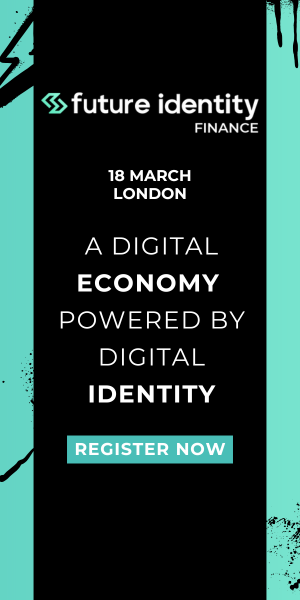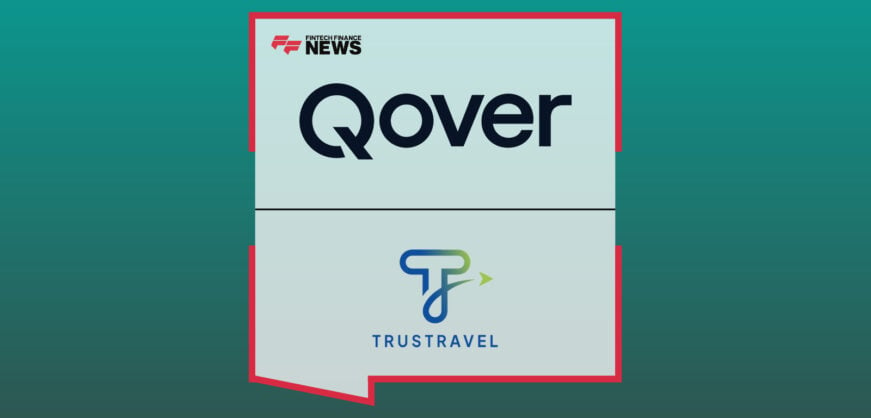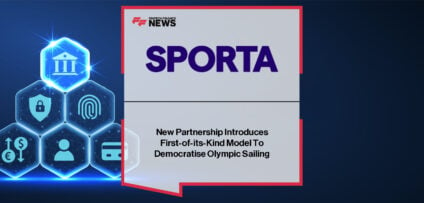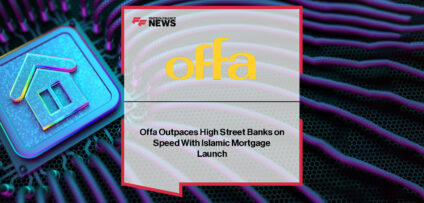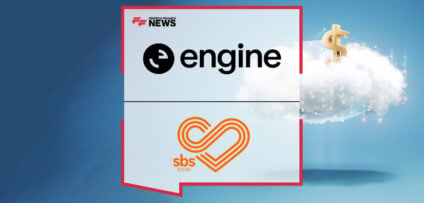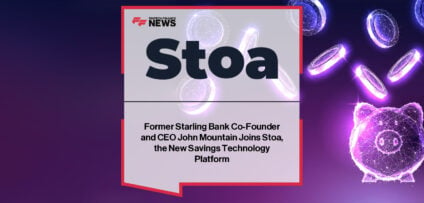Breaking News

Nearly 25% of Men and 30% of Women are Willing to Switch to an Online-only Bank
Women are more likely than men to switch to an online-only bank, but both genders support new payments innovation, figures released by international law firm Paul Hastings show.
The survey of over 2,000 consumers in the UK, part of a study into the future of alternative payment methods, shows that 24% of men and 30% of women are willing to switch to an online-only bank.[1]
The figures also show that both men and women are familiar with new ways of transferring money and are happy with the number of alternative payment providers available in today’s marketplace. 73% of adults say they now use alternative payment methods (described below) and 66% are comfortable with the variety of payments providers available to them – though this increases to 71% of people when assessing 18 – 44 year olds alone.
Some technologies, such as contactless cards (used by 36% of UK consumers, according to the same survey) and PayPal (used by 46% in the UK) are already mainstream, but these statistics suggest consumers are also open to using new types of technologies such as digital wallets and e-money accounts.
When asked what characteristics make a perfect payment service, nearly two thirds (64%) of consumers cite security, 49% said the ability to access their banks funds, whilst 46% said that the speed of the transaction is important.
These figures follow the rise of online-only banks, payments providers and banking apps that give customers the ability to check their balance, review transactions, pay bills and transfer money instantly from a computer or smartphone.
Ben Regnard-Weinrabe, partner in the Global Banking & Payment Systems practice at Paul Hastings, says: “The innovation shown by new payments providers has changed the way people view online transactions. Whereas once the options were limited to cash, cheques, card, and bank transfer, an array of new payment providers mean consumers can leave their payment card at home and pay contactless through Android, Samsung or Apple Pay, for example. The market has responded to this dynamic shift in customer perception, with non-banks and online-only banks bursting onto the scene and traditional providers now offering state of the art digital payment channels as well.
“No technology is yet ubiquitous and the alternative payments market remains fragmented, but consumers are open to more competition in the market as it drives innovation. So, whilst we are seeing rapid developments in this area, transformational change – where consumers can no longer imagine life without the technology – is yet to arrive.”
[1] An alternative payment is defined as a payment method OTHER THAN cash, chip and pin cards or cards that require a signature. Alternatives include a wide range of technologies: pre-paid cards; app-based payments such as Samsung Pay, Android Pay and Apple Pay; mobile or app-based payments not linked to a bank; mobile banking apps; contactless cards; and e-money accounts, such as those offered by PayPal and Paysafe group.
- Trust Travel, a TUI Brand, Partners With Qover to Deliver Seamless Travel Protection at Booking Read more
- New Partnership Introduces First-of-its-Kind Model To Democratise Olympic Sailing Read more
- Offa Outpaces High Street Banks on Speed With Islamic Mortgage Launch Read more
- Engine by Starling Enters Fourth Global Market With New Zealand’s SBS Bank Read more
- New Visa Study Shows 9 out of 10 Ukrainians Want Their Payments to be Protected by Biometrics Read more


